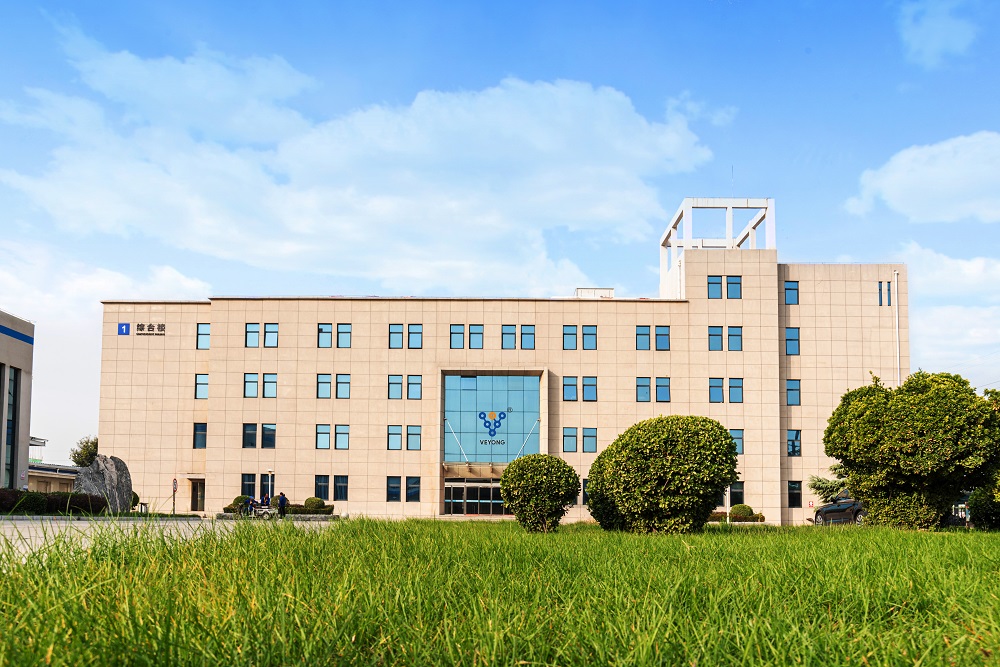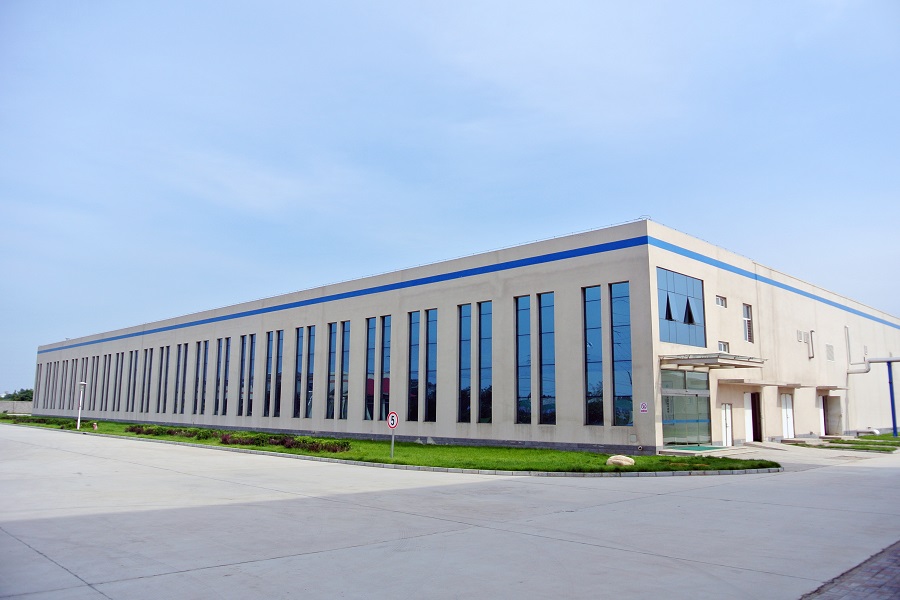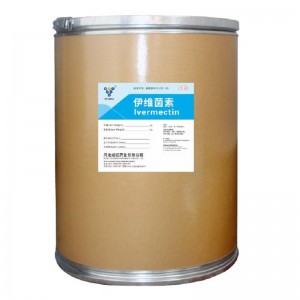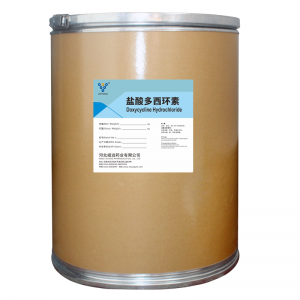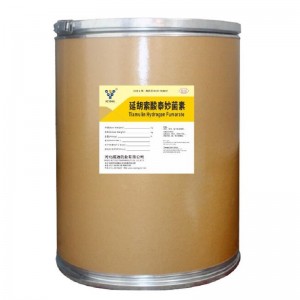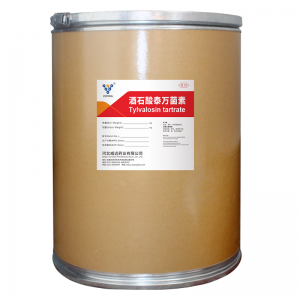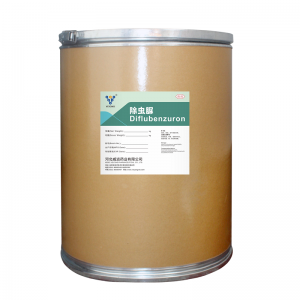Tildipirosin
Tildipirosin
Tildipirosin is a new type of semi-synthetic 16-membered ring macrolide antibiotic for animals, which is a derivative of tylosin.
Pharmacological action
The antibacterial effect of Tildipirosin is similar to that of tylosin, and it has a strong inhibitory effect on Gram-positive bacteria and some Gram-negative bacteria. The antibacterial mechanism of Tildipirosin is the same as that of macrolides. It can combine with the 50S subunit of the ribosome of sensitive bacteria to inhibit the synthesis of riboprotein peptide chains, thereby affecting the synthesis of bacterial proteins. The interaction of the two piperidine components unique to Tildipirosin differentiates the mechanism of action of this drug from tylosin and tilmicosin, where 20-piperidine is directed into the lumen to interfere with the growth of nascent peptides.
Because tediroxine has 3 basic amino groups, it can form different charged forms under different pH conditions. The amount of charge is a key factor to destroy the solubility of bacterial lipids and penetrate the outer membrane of Gram-negative bacteria, so the bacteriostatic activity of Tildipirosin in vitro is greatly affected by pH. Under acidic conditions, the amino group is protonated, resulting in a decrease in the antibacterial activity of tediroxine, while under alkaline conditions, it has stronger antibacterial activity.
Macrolides inhibit the secretion of proinflammatory cytokines, phospholipase activity, and leukotriene release, and have anti-inflammatory effects in macrophages and neutrophils. Tediroxine reduces inflammatory mediators produced during certain inflammatory or stress responses.
Antibacterial spectrum
Tildipirosin is effective against pathogenic bacteria that cause respiratory diseases in pigs and cattle (such as Pasteurella multocida, Actinobacillus pleuropneumoniae, Bordetella bronchiseptica, Haemophilus parasuis, Mannheim spp. etc.) the antibacterial activity of tilmicosin was 2-32 times higher than that of tilmicosin, and the antibacterial activity against intestinal Escherichia coli was better than tylosin and tilmicosin. It is also sensitive to some mycoplasma strains, spirochetes, brucella, etc. Studies have shown that tediroxine has stronger bacteriostatic effect on Haemophilus parasuis and Bordetella bronchiseptica than florfenicol, but weaker bacteriostatic effect on Actinobacillus pleuropneumoniae and Pasteurella multocida. Tildipirosin is bactericidal to some bacteria (such as Haemophilus parasuis and Actinobacillus pleuropneumoniae), while it is mainly bacteriostatic to some bacteria (such as Pasteurella multocida). For intestinal bacteria, with the decrease of pH value (from 7.3 to 6.7), the MIC of Tildipirosin increased, for example, the MIC of Tildipirosin against Salmonella Enteritidis and Escherichia coli can increase from 2~8ug/m to 64~256ug/mL. Therefore, the effect of pH changes in vivo should be considered when conducting the in vivo antibacterial test of Tildipirosin. In addition, the MIC of Tildipirosin against typical strains of Pasteurella multocida was 0.5ug/mL in serum, which was 0.25 times lower than that in vitro, which may be related to the serum effect.
Enterococcus-Streptococcus in dairy cows is highly resistant to tediroxine. Tildipirosin is insensitive to Pasteurella multocida and Mannheimia haemolyticus carrying mutant genes. Likewise, genetically mutated strains of M. bovis are resistant to macrolide antibiotics including Tildipirosin. Certain strains of Haemophilus parasuis have also been found to be naturally resistant to tediroxine. Mycoplasma bovis can quickly acquire resistance to Tildipirosin, but due to the slow growth of Mycoplasma, in vitro drug susceptibility testing may delay treatment. Studies have shown that domain II (nucleotide 748) and domain V ( Mutations in nucleotides 2059 and 2060) are associated with increased resistance to macrolides. Therefore, the susceptibility of M. bovis to macrolide drugs can be rapidly obtained by molecular testing of this mutation.
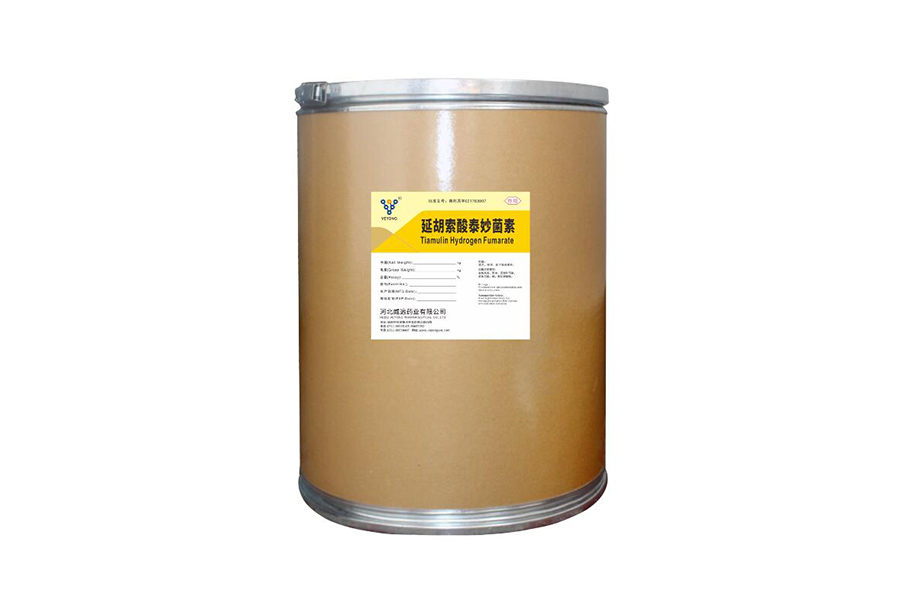
Content
≥ 98%
Specification
Company standard
Hebei Veyong pharmaceutical Co., Ltd, was established in 2002, located in Shijiazhuang City, Hebei Province, China, next to the Capital Beijing. She is a large GMP-certified veterinary drug enterprise, with R&D, production and sales of veterinary APIs, preparations, premixed feeds and feed additives. As Provincial Technical Center, Veyong has established an innovated R&D system for new veterinary drug, and is the nationally known technological innovation based veterinary enterprise, there are 65 technical professionals. Veyong has two production bases: Shijiazhuang and Ordos, of which the Shijiazhuang base covers an area of 78,706 m2, with 13 API products including Ivermectin, Eprinomectin, Tiamulin Fumarate, Oxytetracycline hydrochloride ects, and 11 preparation production lines including injection, oral solution, powder, premix, bolus, pesticides and disinfectant, ects. Veyong provides APIs, more than 100 own- label preparations, and OEM & ODM service.
Veyong attaches great importance to the management of EHS(Environment, Health& Safety) system, and obtained the ISO14001 and OHSAS18001 certificates. Veyong has been listed in the strategic emerging industrial enterprises in Hebei Province and can ensure the continuous supply of products.
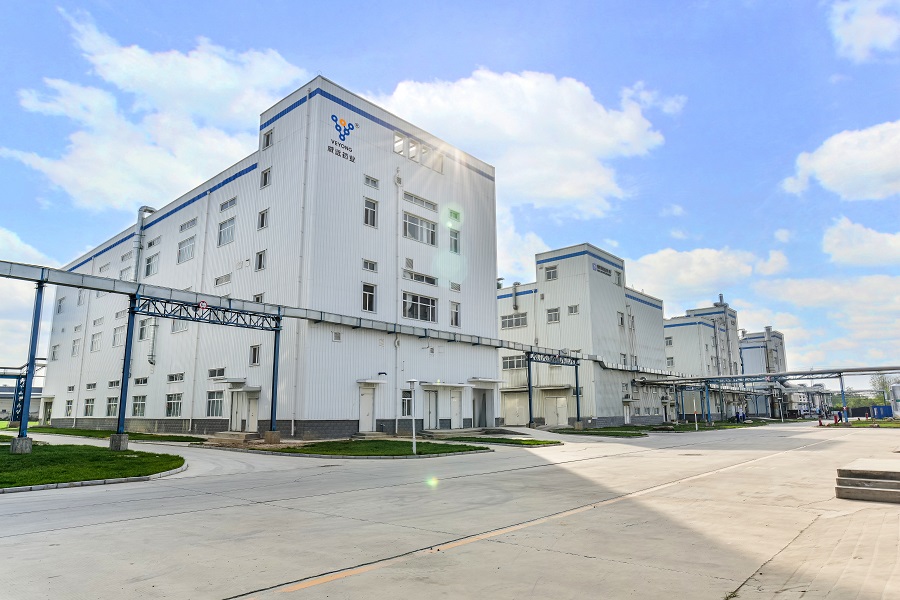
Veyong established the complete quality management system, obtained the ISO9001 certificate, China GMP certificate, Australia APVMA GMP certificate, Ethiopia GMP certificate, Ivermectin CEP certificate, and passed US FDA inspection. Veyong has professional team of registeration, sales and technical service, our company has gained reliance and support from numerous customers by excellent product quality, high-quality pre-sales and after-sales service, serious and scientific management. Veyong has made long term cooperation with many internationally known animal pharmaceutical enterprises with products exported to the Europe, South America, Middle East, Africa, Asia, etc. more than 60 countries and regions.


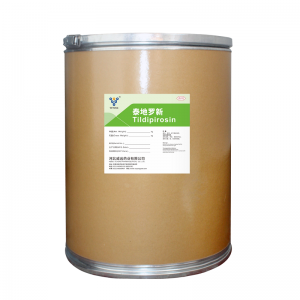
.png)
.png)
.png)
.png)

